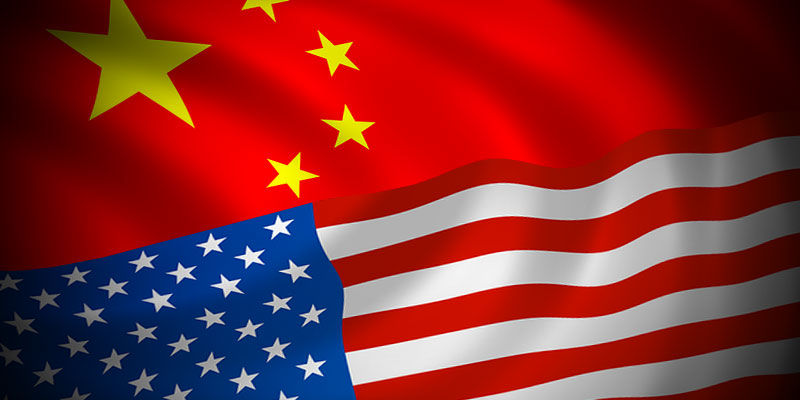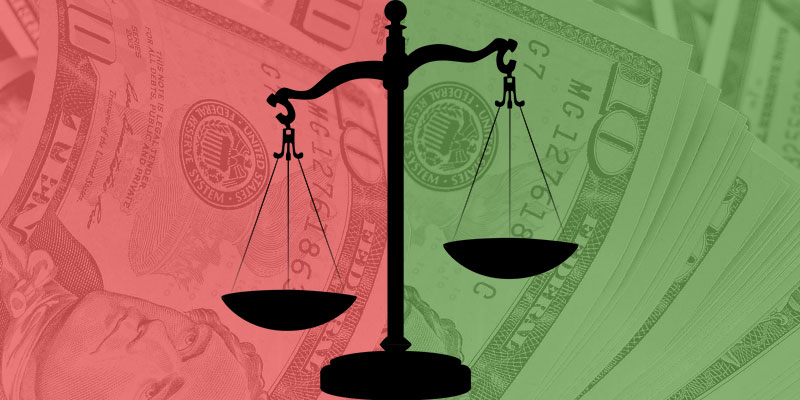Every December Santa delivers toys, games, and electronics to children across our nation. Yet residents of the North Pole buy almost nothing from us, producing a massive trade deficit. Santa’s gift-giving offers perspective on international trade in addition to spreading Christmas joy.
What do we learn from our Santa trade deficit? For one, our trade deficit (or surplus) with any nation is a statistic aggregating thousands of transactions. Nations do not trade. Individuals and businesses trade. We buy imports because they offer better value than other available products. Businesses outsource production when this offers better value than producing domestically.
Santa’s trade policy would normally draw outrage. China merely subsidizes its exports, through either government assistance or currency manipulation. China makes its exports more affordable, not free. Santa gives stuff away, the ultimate form of dumping in international trade.
Indeed, Santa personifies the extreme economists use to illustrate the benefits of one-sided international trade. Suppose China (or Japan when I started teaching) sent us goods and wanted nothing in return, not even green pieces of paper. Children’s joy on Christmas morning reminds us that we benefit from one-way trade.
Export subsidies break the rules of a pure market. Economists often use sports analogies to illustrate markets. In sports, cheating harms us or our favorite team. But market competition differs here.
Apple and Samsung compete to sell phones, with each sale like a score. The value creation in sports ends when the contest concludes. Thus, rigging a contest necessarily undermines its entertainment value. Customers use their phones after purchasing them, which is the true value creation. A company which sells its products at a lower price due to cheating benefits consumers.
Are there downsides to gifts, either from Santa or nations subsidizing exports? I see two, national security and dependence.
The potential for war to disrupt trade creates a cost of imports, one which market prices may not incorporate. For instance, Taiwanese companies have great expertise in and manufacture most of the world’s semiconductors. American companies might not expect any profit producing computer chips under normal circumstances. But this leaves the world economy vulnerable a Chinese invasion of Taiwan.
National security concerns extend beyond economics, so I will not discuss this further. But national security has long provided cover for businesses seeking protection from foreign competition. Security claims must be very closely scrutinized.
Dependence is also a danger. Consider a young man whose generous grandmother gives him $3,000 a month. He decides to live on this and drops out of college and play video games all day. He might face difficult circumstances with no degree, job skills, or work history when the money runs out. (Unless he makes lots of money on Twitch and YouTube.)
Becoming dependent on gifts is a problem, one also extending to international trade. We will face adjustment costs if export subsidies we have benefitted from end. Suppose China’s leaders decide in a fit of economic sanity to stop subsidizing America. We would have to start making things China currently sells cheap. The line between adjustment costs and dependence is a matter of subjective perception.
One criterion for dependence is perhaps a lack of domestic production capacity. Increasing the production if Santa closed his toy shop would be much easier if there were still U.S. toy makers. We would retain the know-how of production.
Economic integration involves interdependence, which limits the exploitation of dependence. Remember that nations do not trade. Chinese companies produce for Americans and Europeans, not Chinese consumers. They have factories, machines and workers specialized in producing these goods and cannot easily switch to producing other things. Being cut off from the global market leaves these companies with no customers and ultimately no way to pay their workers.
We benefit from Santa’s “dumping” of toys and games on the U.S. market. But just as dependence on the kindness of others is bad, we should not become dependent on other nations’ misguided economic policies.
Daniel Sutter is the Charles G. Koch Professor of Economics with the Manuel H. Johnson Center for Political Economy at Troy University and host of Econversations on TrojanVision. The opinions expressed in this column are the author’s and do not necessarily reflect the views of Troy University.













